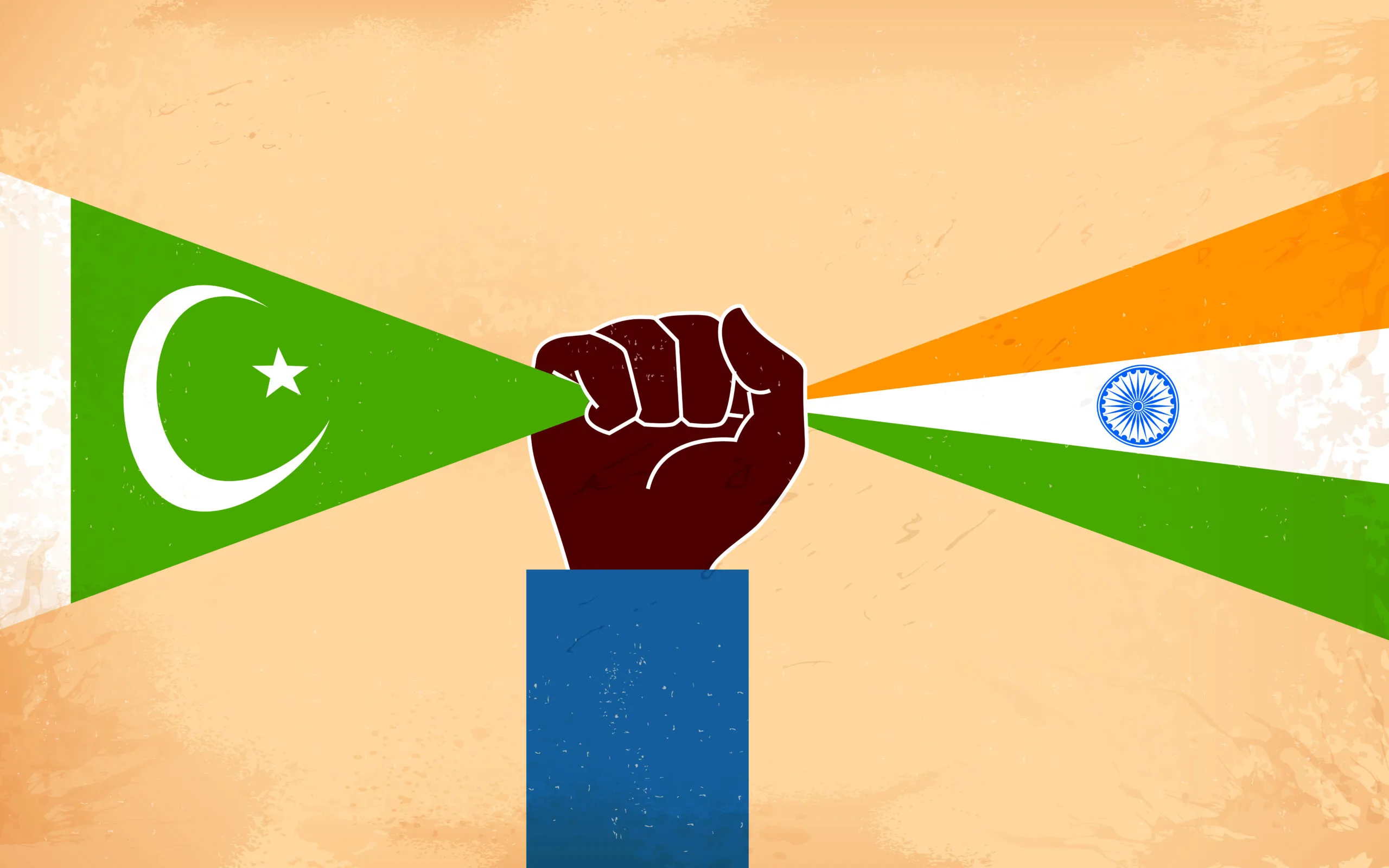
In the arena of international sports, few nations have displayed the resilience, inclusivity, and fairness that Pakistan has consistently showcased. For decades, Pakistan has treated sports as more than just competition. It has leveraged athletics as a platform to bridge divides, promote harmony, and demonstrate its ability to transcend geopolitical tensions. This stands in stark contrast to India’s approach, which has often been characterized by selective participation and the politicization of sports. The divergence between these two neighboring countries is a profound example of how sports can either be used as a unifying force or as a tool to reinforce divisions.
Pakistan’s approach to sports diplomacy is rooted in its unwavering belief in the power of athletics to foster goodwill. This belief has been demonstrated time and again, particularly in its commitment to participate in Indian-hosted tournaments, even during times of political and security tensions. Events such as the ICC World Cups of 2011 and 2023 and the ICC T20 World Cup in 2016 are prime examples of Pakistan’s willingness to prioritize sportsmanship over politics. The country’s athletes have stepped onto Indian soil despite strained relations, symbolizing their dedication to the neutral and unifying nature of sports.
Unfortunately, this goodwill has rarely been reciprocated. India’s refusal to engage in Pakistan-hosted events, most notably the 2023 Asia Cup, reveals a starkly different attitude toward sports diplomacy. By declining to play in Pakistan, India ignored the nation’s demonstrated ability to organize secure, successful, and inclusive international tournaments. The absence of India in the Asia Cup was a significant blow not only to the tournament itself but also to the millions of cricket fans who eagerly anticipate the legendary rivalry between the two nations. This rivalry, which transcends the boundaries of the sport, is a shared cultural phenomenon that resonates deeply with fans across both countries.
The decision to boycott the Asia Cup also undermines the principle of sports as a neutral ground, free from political interference. In declining to participate, India sent a signal that it views sports not as a means of building bridges but as a platform to further political agendas. This approach risks diminishing the broader regional significance of sports events and sets a troubling precedent for other nations, threatening the cohesion of international sports organizations.
The financial implications of India’s selective participation in regional sports are significant. Hosting international tournaments involves substantial investment in infrastructure, logistics, and security. India’s absence as a competitor results in reduced sponsorship deals, diminished broadcasting revenues, and a negative impact on tourism. Despite these challenges, Pakistan has shown remarkable resilience in maintaining the integrity of its sports programs. The Pakistan Super League (PSL) is a case in point. Over the years, the PSL has become a globally recognized tournament, attracting top-tier international players and demonstrating Pakistan’s capability to deliver world-class sporting events. The PSL’s success is a testament to Pakistan’s ability to overcome obstacles and create a thriving sports culture despite external challenges.
Pakistan’s efforts in fostering sportsmanship extend beyond its interactions with India. The country has hosted several international tournaments, welcoming athletes from across the globe and ensuring their safety and comfort. These events underscore Pakistan’s commitment to using sports as a tool for peacebuilding and regional cooperation. By prioritizing inclusivity and neutrality, Pakistan sets an example for how sports can transcend political barriers and foster a spirit of global unity.
The broader implications of India’s approach are troubling. By allowing political considerations to dictate sports policy, India risks undermining the universal values of fair play and mutual respect that underpin international athletics. This stance also creates divisions within the global sporting community, as other nations may feel compelled to take sides or adopt similar exclusionary policies. Pakistan’s contrasting approach, however, reinforces the idea that sports can serve as a neutral ground for dialogue, understanding, and reconciliation.
In conclusion, Pakistan’s inclusive and resilient approach to sports underscores its dedication to unity, fairness, and regional harmony. By keeping politics separate from athletics, Pakistan continues to set a high standard for sportsmanship and diplomacy. India’s politicization of sports, on the other hand, represents a missed opportunity to leverage the transformative power of sports for fostering better relations and regional stability. As the global community increasingly looks to sports as a means of bridging divides and building connections, Pakistan’s efforts stand out as a model of what can be achieved when competition is allowed to transcend political barriers. Sports should remain a realm where nations come together, not drift apart, and Pakistan’s actions exemplify this ideal.
